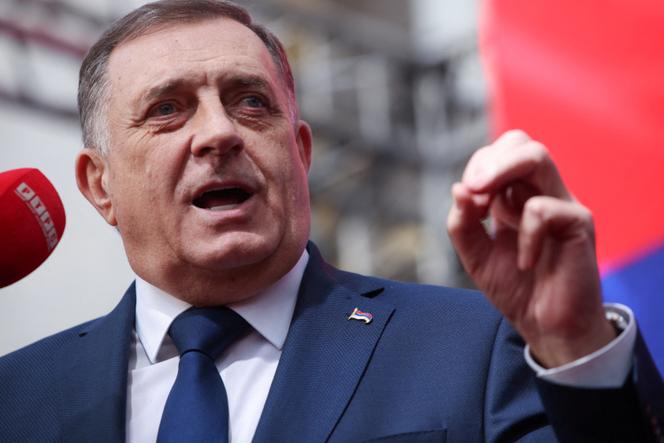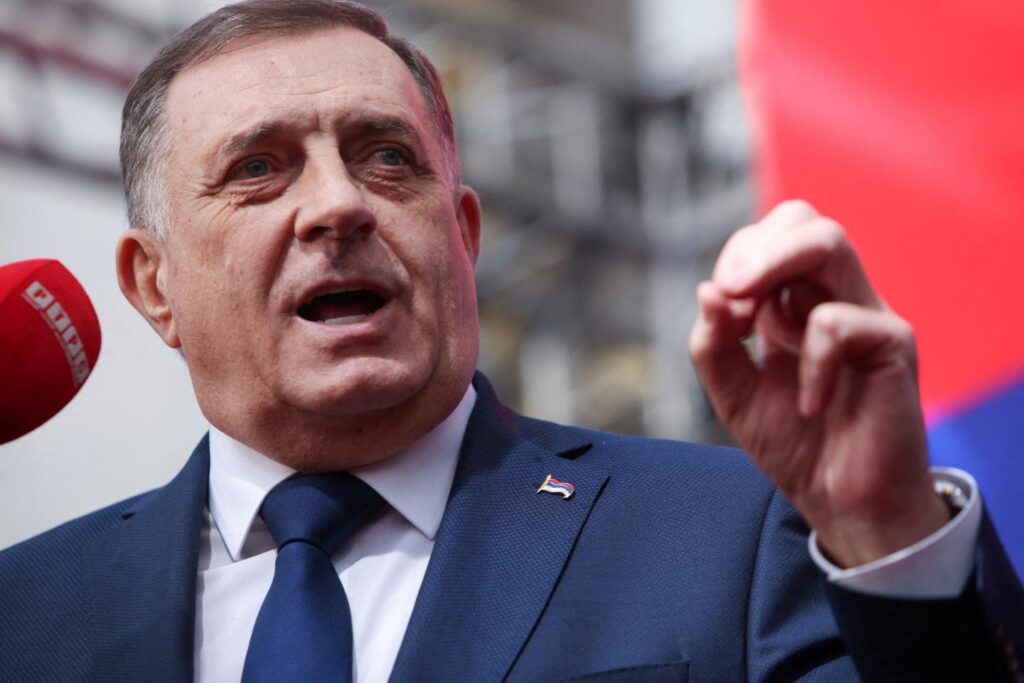
The Bosnian electoral commission announced on Thursday, August 28, the holding of a ballot on November 23 to elect a successor to the president of the Serbian entity, Milorad Dodik, who refuses to leave his post after being dismissed for non-compliance with the decisions of the international envoy responsible for compliance with the peace agreement.
The Central Electoral Commission (CIK) adopted the decision on “The holding of an early election (…) To elect the president of the Republika Srpska (RS, the Serbian Bosnia entity) “”said the CIK President, Irena Hadziabdic, said at a press conference, adding that this ballot would take place “Sunday November 23”.
Mr. Dodik, 66, was deprived in early August of his mandate as president of the Republika Srpska, after being sentenced to one year in prison and to six years of ineligibility for non-compliance with decisions of the high international representative, Christian Schmidt. The unbeatable political leader of the Serbs of Bosnia has run the RS since 2006, without discontinuing and passing by the most important positions.
One of the most serious political crises
The organization of this ballot will be a new test about the ability of the central state to exercise its power over the country, because Mr. Dodik has already said that the course of this election is not authorized in the territory of the Serbian entity.
However, he had a referendum approved by the RS Parliament for October 25 in order to obtain popular support for his refusal of the verdict and his policy. “They did not grant me this mandate (of president) And they won’t deprive me. I will continue to do my job ”had recently said Mr. Dodik, elected president of the RS in October 2022 for four years.
Bosnia has been prey for months to one of the most serious political crises, thirty years after the war which had followed the proclamation of its independence from Yugoslavia in 1992. Since the end of this conflict, which had killed nearly 100,000 from 1992 to 1995, this country is divided into two autonomous entities, Serbian and Croato-Bosniac, linked by a central government.


